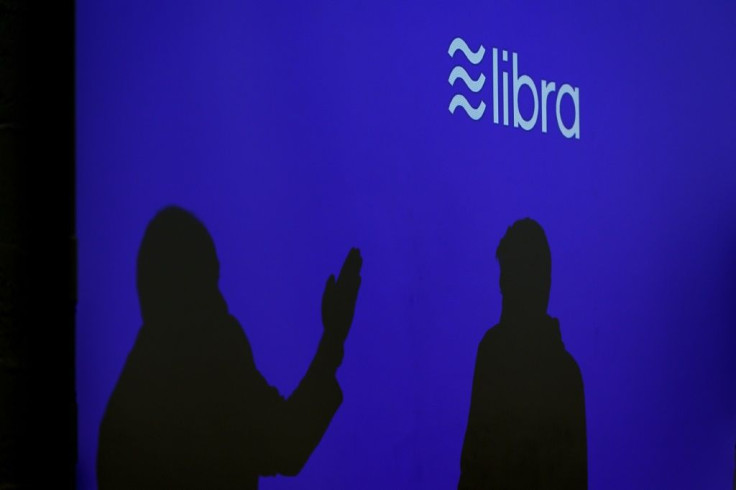Facebook News: Libra Cryptocurrency Could Be In Jeopardy, As Mastercard, Visa And Ebay Pull Out

The Facebook cryptocurrency Libra took a major hit on Friday, as Mastercard Inc., Visa and Ebay Inc. left the Libra Association, which supervises the project. Stripe Inc. and Argentina-based Mercado Pago also bailed out of the initiative.
On Monday, the companies who are part of the Libra Association will formalize their participation in the initiative. Companies such as Visa and Mastercard may have cold feet, as global regulators have had concerns about the project.
Earlier this month, PayPal also left the Libra association. The departures mean that Libra no longer has the support of any major digital payment company.
Despite these setbacks, Dante Disparte, the head of communications at the Libra Association, has said that "We are focused on moving forward and continuing to build a strong association of some of the world's leading enterprises, social impact organizations and other stakeholders" and that membership of the association may grow and change over time.
On Wednesday, French finance minister Bruno Le Maire said that Libra should not be developed in the European Union and said that "it should not be the role of a private company to try and get a sovereign currency like a sovereign state."
Valdis Dombrovskis, the Executive Vice President-Designate of the European Commission, also said this week that Libra needs to be tightly regulated to preserve monetary stability and to prevent money laundering operations.
In the U.S., Federal Reserve Chairman Jerome Powell said earlier this year the cryptocurrency raises "many serious concerns regarding privacy, money laundering, and consumer protection ." Treasury Secretary Steve Mnuchin has also said that the currency could be used to finance terrorist operations, and that it represents a "national security issue."
Libra was unveiled by Facebook in June, and was touted as a digital currency that can be managed from one's phone. The cryptocurrency is particularly directed at the 1.7 billion people on the planet without access to a traditional bank account.
© Copyright IBTimes 2024. All rights reserved.




















